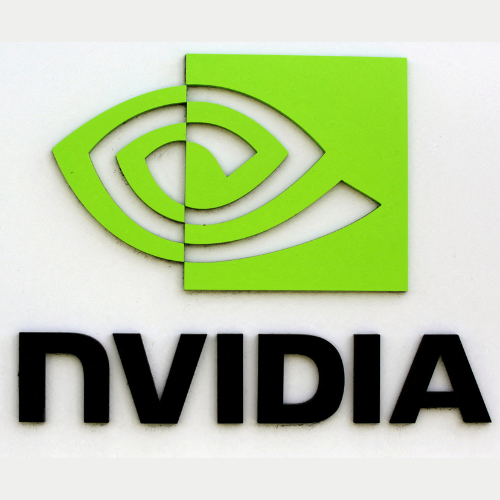The United States Supreme Court is set to hear a case involving Nvidia Corporation, a major player in the tech industry known for its graphics processing units (GPUs). The case is about allegations that Nvidia made misleading statements about how much cryptocurrency mining impacted its business. Shareholders are accusing the company’s executives, including its CEO and CFO, of deceiving investors about how much revenue Nvidia was earning from the booming cryptocurrency market.
This case is important because it involves a legal rule that makes it harder for investors to sue companies for securities fraud. It could also affect how companies in the tech industry communicate their business activities to the public.
The Allegations Against Nvidia
The case centers on a lawsuit brought by investors who claim that Nvidia’s executives made false statements that downplayed the role of cryptocurrency mining in the company’s financial success. Cryptocurrency mining is the process of solving complex math problems to validate transactions on a blockchain, and it requires powerful computer hardware, like Nvidia’s GeForce GPUs.
Between 2017 and 2018, there was a boom in cryptocurrency prices, especially for Bitcoin and Ethereum. During this time, many crypto miners bought up Nvidia’s high-performance graphics cards to help with mining. Nvidia was making a lot of money from these sales, but it didn’t openly tell investors just how important the cryptocurrency market was to its overall revenue. Instead, the company’s executives reportedly downplayed the effect of crypto sales in public statements.
The investors who filed the lawsuit claim that this downplaying of crypto sales was misleading. They say that if Nvidia had been more honest about how much crypto mining was affecting its bottom line, investors might have made different decisions. For example, they may not have bought shares in the company at the high prices they did, only to see the stock price drop when the crypto market crashed.
The Role of Internal Documents and Expert Analysis
The legal issue at hand is whether shareholders can prove that the executives intentionally misled investors. Under U.S. securities law, plaintiffs (the investors in this case) have to meet strict rules when accusing a company of fraud. One of these rules is that plaintiffs must provide specific details to back up their claims, including showing how the company’s public statements were false. Usually, this means matching what executives said publicly with internal company documents, like emails and financial reports.
Russia Blatantly Evades Chips Sanctions; Access Nvidia, AMD through India’s Complex Tech Trade
In this case, the Ninth Circuit Court of Appeals ruled that the shareholders had enough evidence to move forward with their lawsuit. The court found that there was a strong likelihood that Nvidia’s executives had made misleading statements. The court also said that these statements could be linked to the collapse of Nvidia’s earnings when cryptocurrency prices dropped and crypto miners stopped buying its GPUs.
To support their claims, the investors presented expert analyses from groups like the Royal Bank of Canada and Prysm Group. They also used statements from former Nvidia employees who said that the company’s revenues were heavily tied to cryptocurrency sales. These expert opinions and testimonies played a key role in convincing the appellate court that the case had merit.
However, the court didn’t agree on all aspects of the lawsuit. The court found that while the CEO might have been responsible for the misleading statements, the CFO (Chief Financial Officer) was not necessarily involved. This means that the case is still focused on the actions of Nvidia’s top executive.
What’s at Stake for Nvidia?
The Supreme Court’s involvement in this case could have wide-ranging consequences for Nvidia and other companies. If the Court agrees with the Ninth Circuit’s ruling, the lawsuit will proceed, and the company may have to defend itself against claims of securities fraud. If the Court decides in Nvidia’s favor, the case could be dismissed, and the company would not be held responsible for the alleged misleading statements.
This case is also significant for how securities fraud lawsuits are handled in the future. It will help clarify the standards for proving that executives knowingly misled investors. If the Supreme Court rules that expert opinions and documents from outside the company can be used in these cases, it may make it easier for shareholders to bring lawsuits against companies for making false statements.
In the meantime, Nvidia has petitioned the Supreme Court to review the case, arguing that the Ninth Circuit’s decision was flawed. The Court’s decision to take up the case, which was granted in June 2024, means that it will have the final say on this important legal issue.
This case not only impacts Nvidia but could set a precedent for how securities fraud claims are handled across all industries. Investors, companies, and legal experts are all watching closely as the Supreme Court prepares to review the case.


